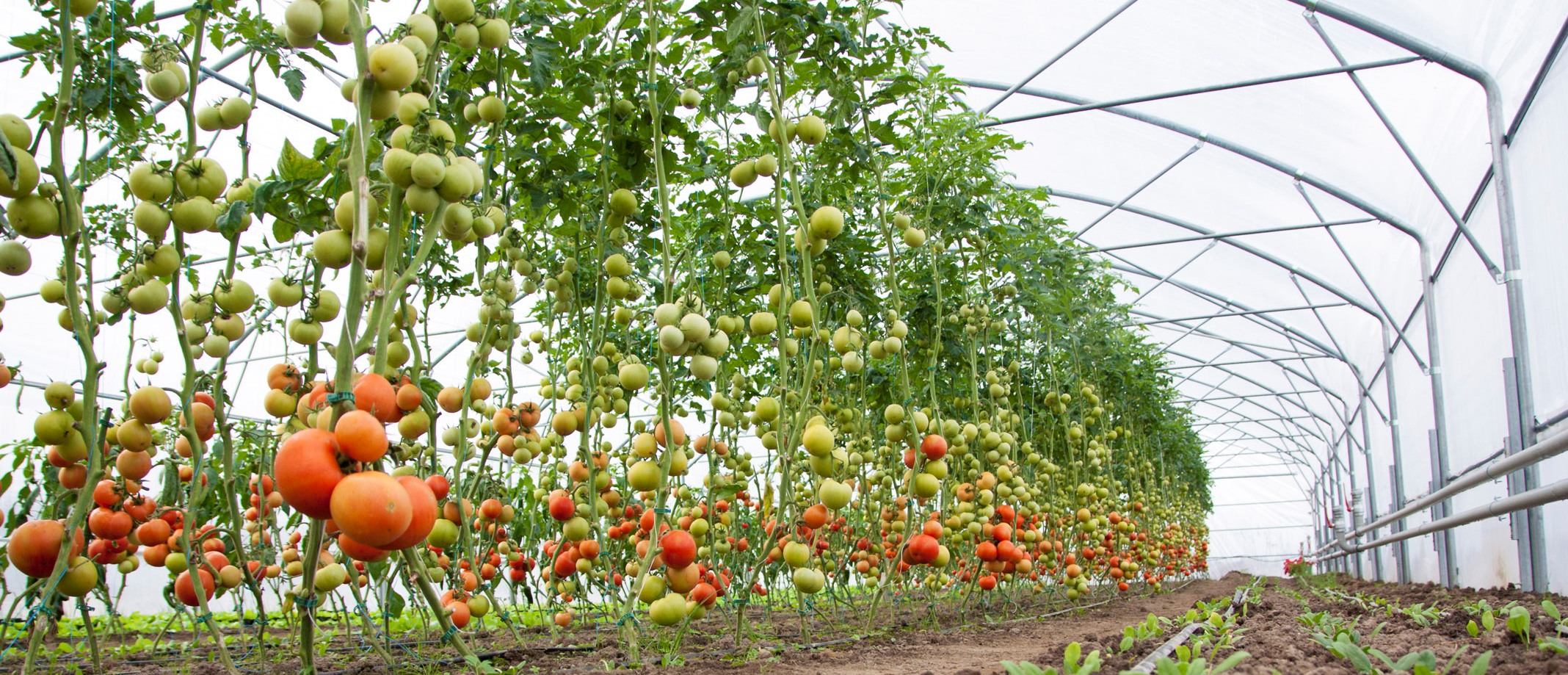Department of Horticultural Sciences


Horticulture is the science, technology and business involved in intensive plant cultivation for human use – from a garden to the activities of a multinational corporation. It is very diverse in its activities, covering plants for food and non-food crops. Because of the growing consciousness of the enormous challenges of feeding the world’s expanding population in future, the concepts “farm to the fork” and “farm for the future” are extremely important. Both concepts place the emphasis on the sustainable use of our natural resources to produce tasty and nourishing products at the lowest possible cost with the least amount of waste.
From the inception of the Department of Horticultural Science in 1918 teaching and research have been mainly focused on production methods of suitable deciduous fruit cultivars for the South African fruit industry. From the start interaction with and support for the industry were emphasised, remaining to this day a cornerstone of the Department’s activities, especially because it finds itself in the heart of the RSA’s horticultural industry. The Department is extremely proud of the fact that it was involved in the training of almost all the horticulturalists whose expertise and knowledge underpin the different aspects of the industry – fruit (apples, pears, stone fruit such as plums and peaches, citrus products, as well as olives, pomegranates, figs, nuts and berries) as well as cut flowers. Its mission is to develop, test and improve technologies for the enhancement of pre- and postharvest fruit and cut-flower quality; to introduce and transfer the developed technologies to growers and other horticultural companies for commercial implementation; and to supply skilled manpower to the horticultural industry by delivering graduates from designated groups, as well as five to eight postgraduate students annually.
BScAgric (Plant and Soil Sciences)
The four-year program in plant and soil sciences offers training in the production of agricultural and vegetable crops, fodder crops, aromatic plants, deciduous fruit, citrus, fynbos and vineyards. For each crop, knowledge of the following is integrated into a meaningful whole: agricultural economics, biochemistry, biometrics, crop production, entomology, genetics, nematology, plant pathology and soil science.
The program is subdivided into 3 fields of study:
Opting for study in one of these three fields prepares you for a variety of careers in the agriculture industry or agriculture-related industries, including careers such as adviser, consultant, entrepreneur, manager, technician and researcher.